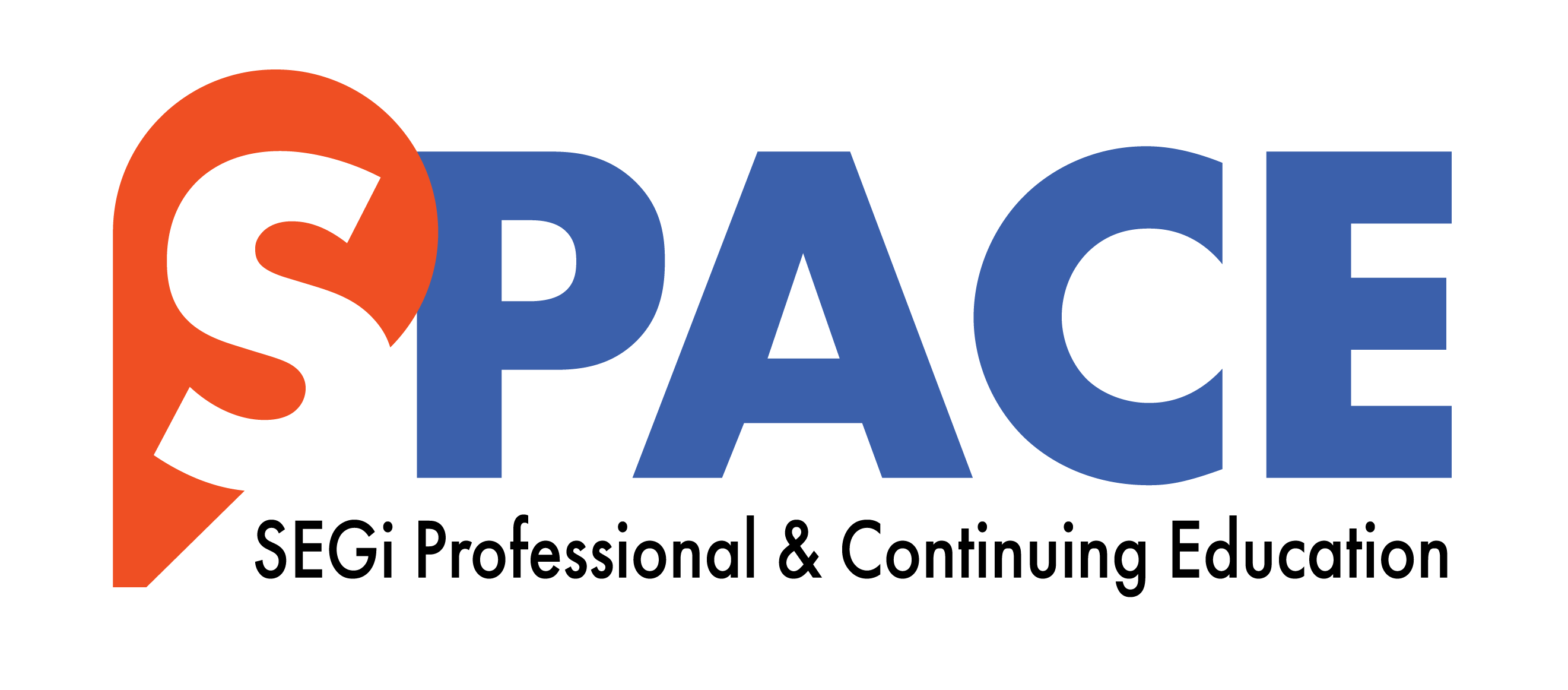Flexible Learning That Enhances Your Potential
Micro-credential certification in Development of Young Children (DECE)
The aim of this course is to allow students who choose to work in early childhood professions to demonstrate competency in the key areas of child development. Latest knowledge and applications of established theories will be discussed including their relevance to the 21st century. More specifically, Malaysian children’s growth and development, present and future, will be the focus of discussion in this course.

This programme is designed, delivered, assessed and awarded by SEGi University.
- Entry Requirements - No
- Age Experience - 19 Years Above
- Language Proficiency - Yes
- Numeracy Proficiency - No
- Prerequisites - No
- Explain the various stages and milestones of child development.
- Examine the underpinning principles of child development in fulfilling the holistic needs of children.
- Apply theories and concepts of child development in early childhood care and education settings
Coursework 1 - 30%
Coursework 2 - 30%
Report - 40%
- Diploma in Early Childhood Education
- Bachelor of Education (Honours)
School leavers who want to get a head start before joining an academic programme or a working adults who want to upskill or learn a specific skill; work with rapidly changing technology; and/or acquire specialised skills sought after by employers.
